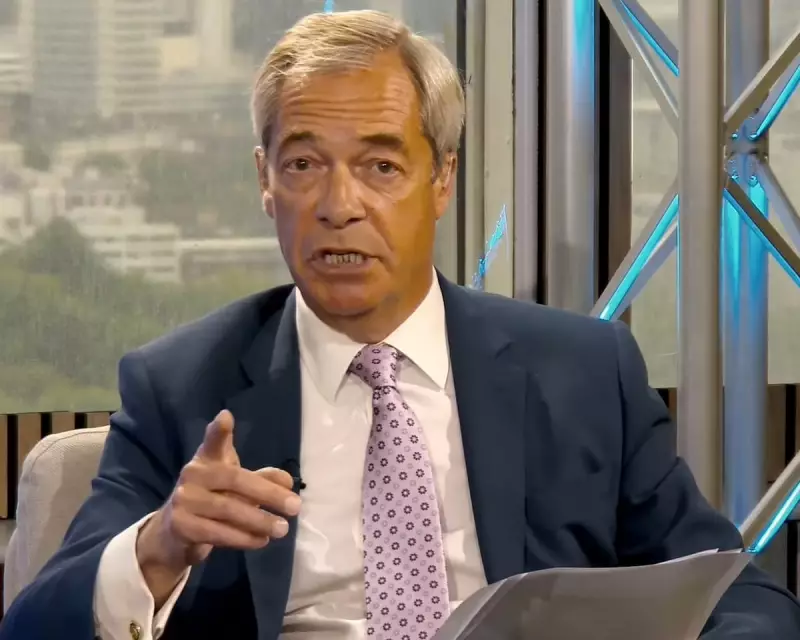
The UK's controversial Online Safety Act has become the focal point of a heated transatlantic debate, pitting tech companies against policymakers and civil liberties groups on both sides of the ocean.
Atlantic Divide Over Digital Regulation
While British officials defend the legislation as necessary to protect users from harmful content, American tech firms and free speech advocates argue it sets a dangerous precedent for internet censorship. The act, which received royal assent last year, requires social media platforms to remove illegal content and protect children from harmful material.
Tech Giants Push Back
Major platforms including Meta and X (formerly Twitter) have expressed concerns about the act's potential impact on encryption and free expression. "This legislation could fundamentally alter how the internet operates in the UK," warned a spokesperson for a coalition of tech companies.
UK Government Stands Firm
Downing Street maintains the law strikes the right balance between safety and freedom. "We're not trying to censor the internet," insisted a government representative, "but we cannot allow platforms to ignore their duty of care towards users, especially children."
Broader Implications for Digital Policy
The debate comes as:
- EU officials consider similar regulations under the Digital Services Act
- US lawmakers grapple with Section 230 reforms
- Global tech firms face increasing pressure to moderate content
Experts suggest the UK's approach could influence digital policy worldwide, setting a benchmark that other nations might follow or reject.





